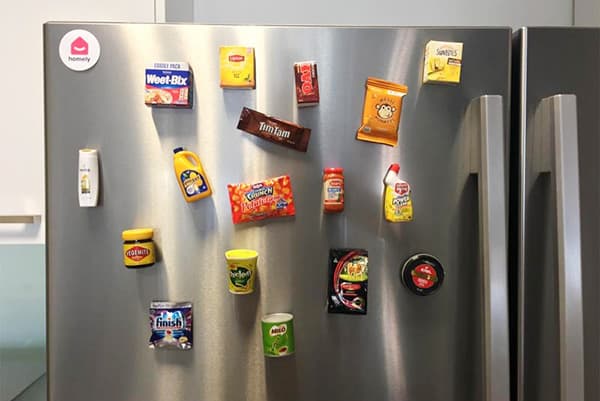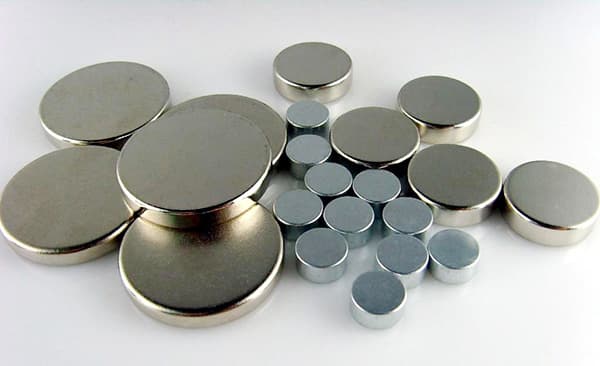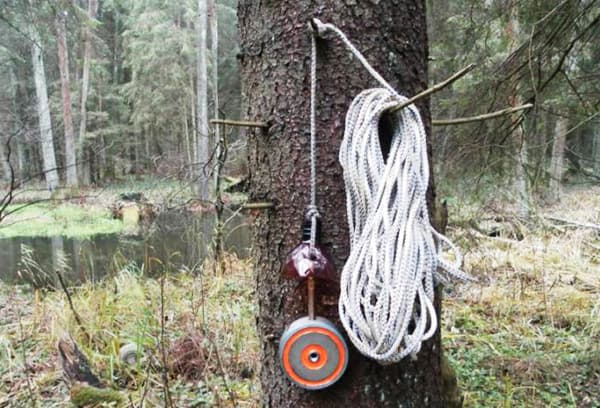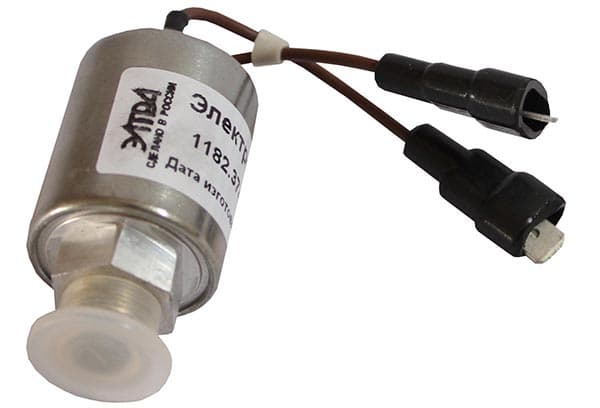Which magnets are afraid of water, and which ones can be washed without fear?
Do you think cleaning is a simple matter and has nothing to do with the exact sciences? No matter how it is! In the process of cleaning, very unexpected questions may arise. For example, what will happen to a magnetic alloy when it comes into contact with water? Translated into household terms, is it possible to wash magnets removed from the refrigerator? And those that hold the decorative ventilation grille?
In most cases, of course, it is possible. But if everything were that simple, this article would not exist. The fact is that the susceptibility of a permanent magnet to humidity is influenced by several factors.

Magnets against H2ABOUT
How a particular magnet reacts to water depends on its nature. That is, from the alloy from which it is made.
A brief educational program on the elements that permanent magnets can consist of:
- strontium + ceramic material with iron oxide (these are so-called ferrites);
- aluminum + nickel + cobalt (alnico magnetic alloy);
- neodymium + iron + boron (neodymium);
- samarium + cobalt (samarium).
These are the 4 most common options.
Neodymium magnets do not like humidity: the iron present in the alloy can oxidize. But this does not mean that washing them is strictly contraindicated.
- Firstly, oxidation does not occur instantly. If you quickly wash the magnet and immediately dry it with a napkin, nothing bad will happen.
- Secondly, such magnets usually have a coating that is resistant to moisture.
But what you definitely shouldn’t do with a neodymium magnet is boil it.It loses its properties when heated to 80°C and above.
It is worth noting that neodymium magnets are not often used in everyday life. They are quite expensive, but the strength of a ferrite alloy is enough to hold a piece of paper with a note on the refrigerator.
Can the search magnet be washed?
Suffice it to remember that metal objects are usually retrieved from rivers and streams with the help of such simple metal detectors. Despite the fact that it is based on neodymium alloy, it is reliably protected by a stainless steel case. And this “indestructible” body can be washed and cleaned, and even polished if desired.
Magnetism and electricity
It is important to understand that above we were talking about permanent magnets. But there are also electric ones. Fortunately, they are not found “in their pure form” in everyday life, as they are hidden in the casings of electrical appliances.
Electricity and water are something that should never come into contact in the house under any circumstances. You cannot wash speakers, hard drives, microphones - and, in principle, any household appliances. You can only carefully wipe the body with a well-wrung out microfiber cloth, having first disconnected the device from the mains.
So, the conclusion is simple: permanent magnets can be washed, electric ones - under no circumstances. But the latter do not need this, since they are reliably hidden by the housings of electrical appliances.


